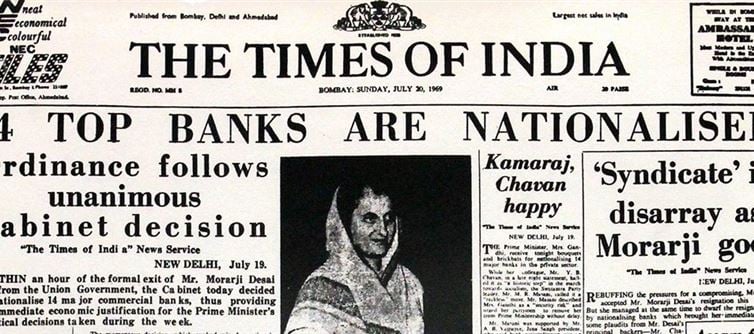
ICICI Bank’s decision to raise the minimum monthly average balance for new savings accounts to ₹50,000 in urban areas, ₹25,000 in semi-urban, and ₹10,000 in rural areas is not just a policy change — it is a direct blow to financial inclusion. In a country where millions still view ₹10,000 as a substantial amount, such steep requirements risk alienating the very citizens banking was meant to empower.
The move starkly contrasts with the vision of Indira Gandhi’s nationalisation of banks, which brought financial services to the doorstep of the poor. Under the current government, however, policies seem to be drifting towards favouring the affluent, leaving the common man with fewer affordable banking options.
What makes this decision even more galling is ICICI Bank’s own chequered history. This is the same institution that was at the centre of one of India’s biggest corporate banking scandals — the Chanda Kochhar-Videocon case — where the former CEO was found guilty of accepting ₹64 crore in bribes in exchange for sanctioning a ₹300 crore loan. That scandal severely damaged the bank’s credibility, and yet the financial burden now seems to be shifting to ordinary customers instead of the bank taking full accountability for its internal failures. The optics of raising minimum balance requirements after such a scandal are disastrous, fuelling suspicion that the bank is attempting to fill its coffers by squeezing honest account holders instead of recovering ill-gotten gains from corporate fraudsters.
Rather than making banking more elitist and exclusionary, ICICI should focus on rebuilding public trust. That means tightening its internal compliance systems, aggressively pursuing the recovery of funds lost to corruption, and improving services to retain customers — not penalising them. In a time when wallet PLATFORM' target='_blank' title='digital-Latest Updates, Photos, Videos are a click away, CLICK NOW'>digital banking and fintech are offering low-cost, no-minimum-balance alternatives, such regressive moves could backfire, driving customers away and reinforcing the perception that large private banks have abandoned their social responsibility in pursuit of pure profit.




 click and follow Indiaherald WhatsApp channel
click and follow Indiaherald WhatsApp channel